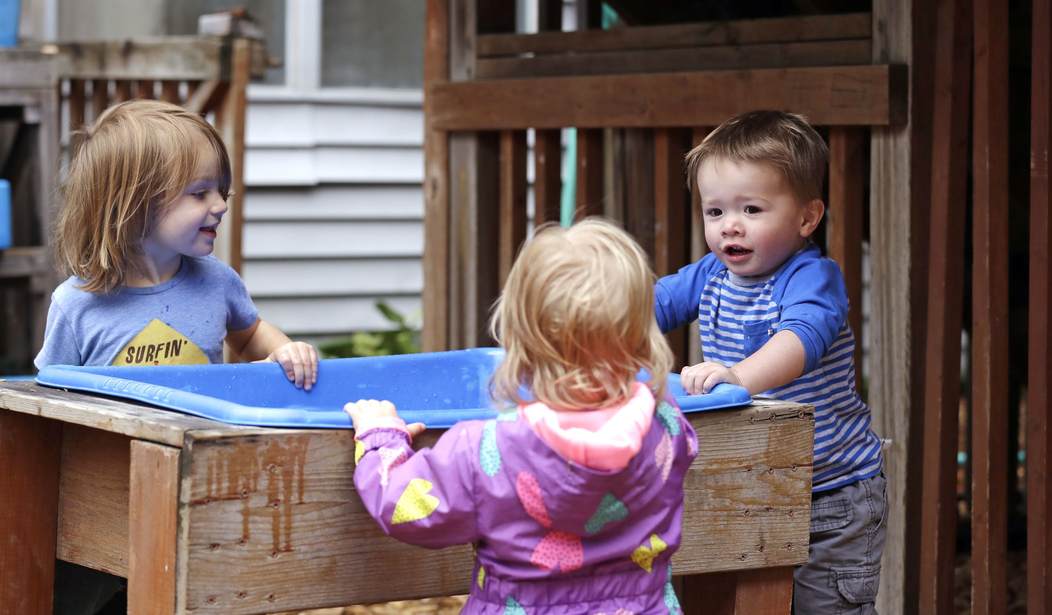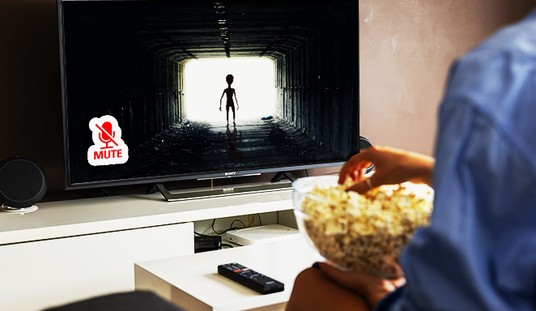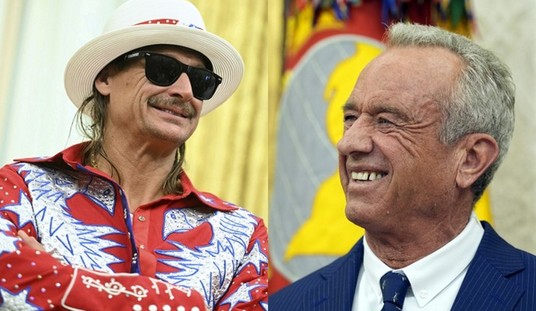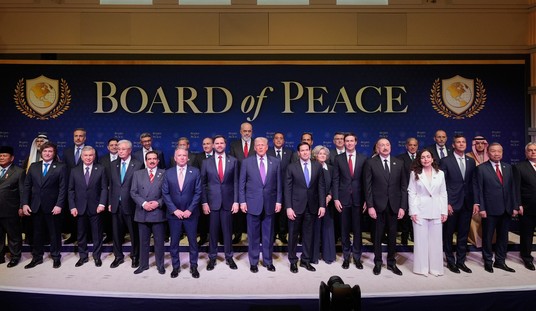Are institutions sexually grooming children? If you’re searching for proof of “no,” don’t look to the United Nations.
The World Health Organization — the UN’s public health agency — devotes 68 instructive pages to kids and sex; and its recommendations would surely shock many.
Per the Standards for Sexuality Education in Europe (SSEE), babies take part in sexuality:
From birth, babies learn the value and pleasure of bodily contact, warmth and intimacy. … [F]rom birth, parents in particular send messages to their children that relate to the human body and intimacy. In other words, they are engaging in sexuality education.
On the SSEE’s list of what children should learn from birth to four years old, you’ll find the following:
- Enjoyment and pleasure when touching one’s own body, early childhood masturbation
Little boys and girls should not only pleasure themselves; they should question whether they’re little boys and girls:
- Gain an awareness of gender identity
- (Possess) the right to explore gender
identities
Moving toward maturity, children four-to-six should be able to “consolidate their gender identity” and “talk about sexual matters.”
Laura Anne Jones — Tory shadow minister for education in Wales — isn’t a fan of the guidance. As made clear to The Telegraph, she wants the WHO to dump its gender-identity endorsement:
“We must stop this pushing of harmful gender ideology into sex education in Wales and the UK, with immediate effect.”
Safe Schools Alliance spokeswoman Tanya Carter feels the same:
“An urgent inquiry is needed into how this ideology…has come to influence so much public thinking.”
But the WHO isn’t budging. An agency official insists it’s neck-deep in facts:
“Our guidelines reflect established psychological facts about children’s understanding of their bodies and psychosocial development based on decades of research.”
The Standards for Sexuality Education in Europe isn’t the UN’s only sex-plus-children endeavor. Consider its International Technical Guidance on Sexual Education (ITGSE).
From Section 2, “Understanding comprehensive sexuality education (CSE)”:
[CSE] aims to equip children and young people with knowledge, skills, attitudes and values that will empower them to: realize their health, well-being and dignity; develop respectful social and sexual relationships; consider how their choices affect their own well-being and that of others; and, understand and ensure the protection of their rights through their lives.
If I may, a reduction of the above:
[Comprehensive Sexuality Education] aims to equip children…with knowledge, skills, attitudes, and values that will empower them to…develop…sexual relationships…
Or, more succinctly:
[CSE] aims to…empower [children] to…develop…sexual relationships…
Found on the next page of the document:
These skills can help children and young people form respectful and healthy relationships with family members, peers, friends and romantic or sexual partners.
The ITGSE’s Section 7.2 — Sexual Behavior and Sexual Response — requires these “learning objectives”:
9-12 Years Old
- Explain that many boys and girls begin to masturbate during puberty or sometimes earlier
- Acknowledge that masturbation does not cause physical or emotional harm but should be done in private
5-8 Years Old
- State that people show love and care for other people in different ways, including kissing, hugging, touching, and sometimes through sexual behaviors
Back to the WHO, its Standards for Sexuality Education in Europe declares children from birth to four-years-old should learn how to “express needs and wishes.” Kids nine to 12, it says, ought to understand their “gender orientation” as well as their “first sexual experience” and the “variability of sexual behavior.” Additionally, they should learn to “use modern media (mobile phones, internet) and be aware of risks and benefits associated with these tools.”
As for children six to nine, they should master all the below:
- Sex in the media (including the internet)
- Enjoyment and pleasure when touching one’s own body (masturbation/self-stimulation)
- Friendship and love towards people of the same sex
- Secret loves, first love (infatuations and “crushes,” unrequited love)
A lot has changed in the past few decades, abroad but also in America. Not long ago, sexuality was viewed near-universally as an inappropriate arena for children. But intimacy and eroticism have entered kids’ spaces.
It’s certainly present in our schools:
California Public Ed Teacher Training Includes Pansexuality and a Semen Exercise
WATCH: Teacher Turns His High School Classroom Into a #Pride Nightclub
Sex Education Book for ‘Good Parents’ Says to Let Your Children Watch
Teacher Warns Students Not to Judge Adults Who Want to ‘Have Sex With a Five-Year-Old’
Back to the United Nations and its World Health Organization, the institutions are moving farther away from ideas on which the world was, ’til now, united. That’s true about children and sex, but also sex in general. Evidently, they’re trusting the science:
'New Scientific Evidence': World Health Organization Discovers There Are More Than Two Sexeshttps://t.co/gqGf9ofgXv
— Alex Parker (@alexparker1984) July 13, 2022
-ALEX
See more content from me:
Women’s Brand ‘Always’ Cancels ‘Women,’ Calls Young Girls ‘Bodies With Female Sex Organs’
Hospital Worker Gets Pinched for Packing Patient’s Keister With a Commode Mat
Find all my RedState work here.
Thank you for reading! Please sound off in the Comments section below.
-ALEX














Join the conversation as a VIP Member